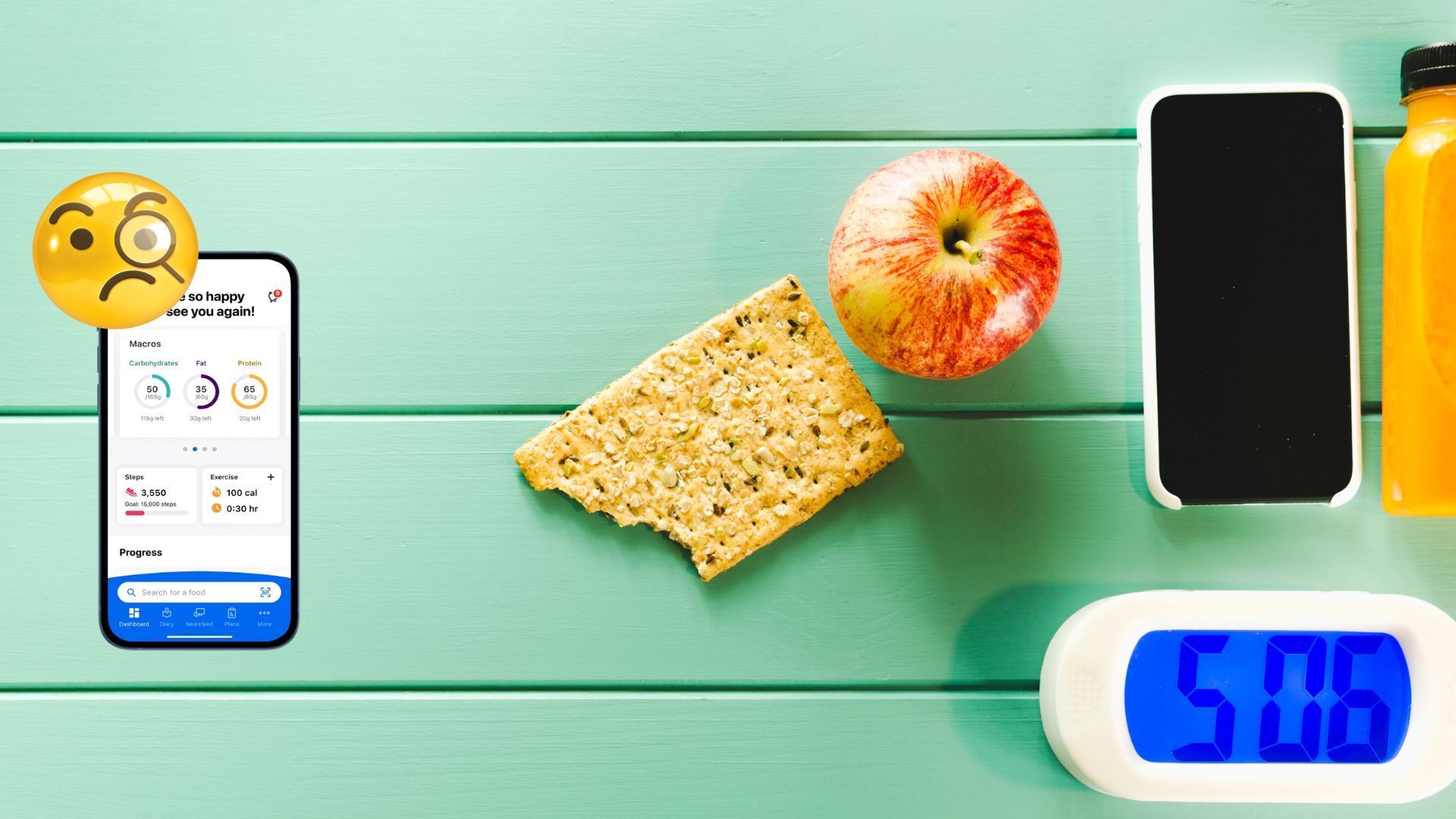Manuel Scheu is a personal trainer with a Master's in Sports Science and a Master's in Business, living on the Gold Coast, Australia. With his manuXtrain training program, he successfully trains his local and international clients in functional fitness, weight loss, hypertrophy and rehabilitation.
Do Carbs make us fat?
No. As long as we burn more than we eat, it's impossible to gain weight. Let's say for example you ate 2500 Calories today, if your total daily energy expenditure stays under 2500 Calories, you're fine, regardless if you ate cake, carbs, protein or sugar. Obviously to be healthy, eating highly refined carbs or sugar all the time would be a terrible idea.
Why is that?
It's about your blood sugar. Our body always works hard to keep the sugar in our blood at a safe level. When we eat, our pancreas releases the hormone insulin to process the sugar.
If you constantly have high sugar levels, your pancreas can't keep up, which can end up in insulin resistance, pre diabetes and Type II diabetes.
Now listen up: All the food you eat is turned to sugar, but: for some food this process takes longer. This gives your body (the pancreas) more time to deal with it. That's what the Glycemic Index is referring to: how much specific food raises the blood sugar.
In case you want to learn more about how exactly it happens and how to measure it have a read of this article.
If you want to dig even deeper and want to read a scientific paper about it follow this link.
The Glycemic Index
Obviously not just carbohydrate are captured in the glycemic index. But let's have a look at it first:

So as you can see, most foods with a very high Glycemic Index (GI) are carbohydrates like white bread, rice or potatoes. Fruits usually have a lower GI.
SO WHAT SHOULD YOU DO?
Avoid an overconsumption of High GI Carbohydrate sources and try to incorporate more rolled oats or use brown rice instead of white.
If you want to have another look at the Glucose Index of different food sources you can also find more information here.
In case you missed my incredible educational video about GI:
About the author:

Sources:
Alexander, H. (n.d.). 4 tips to avoid sugar spikes. MD Anderson Cancer Center. https://www.mdanderson.org/cancerwise/how-to-avoid-sugar-spikes.h00-159537378.html
Ciok, J., & Dolna, A. (2006). Znaczenie indeksu glikemicznego w ocenie gospodarki weglowodanowej [The role of glycemic index concept in carbohydrate metabolism]. Przeglad lekarski, 63(5), 287–291.
Glossary of Terms for Diabetes | OHSU. (n.d.). Www.ohsu.edu. https://www.ohsu.edu/schnitzer-diabetes-center/glossary
Glycemic Index: What It Is and How to Use It. (n.d.). Healthline. https://www.healthline.com/nutrition/glycemic-index#low-glycemic-diet
aragraph

CUSTOM NUTRITION & EXERCISE PROGRAMS | © 2022 ManuXtrain - All Rights Reserved





